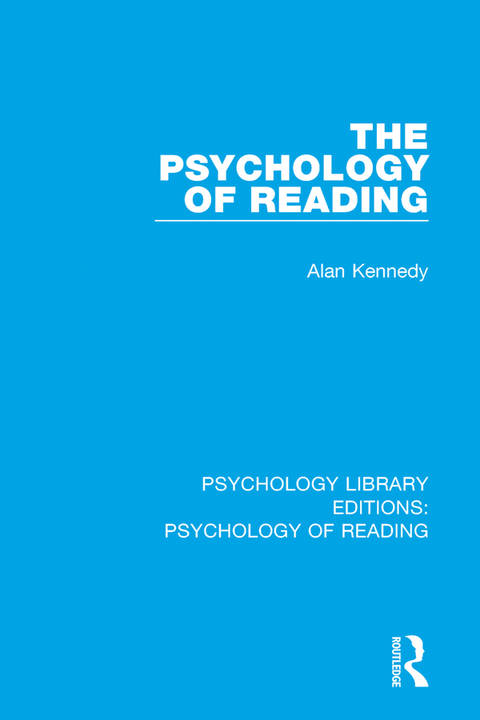Download The Psychology of Reading PDF Free - Full Version
Download The Psychology of Reading by Alan Kennedy in PDF format completely FREE. No registration required, no payment needed. Get instant access to this valuable resource on PDFdrive.to!
About The Psychology of Reading
Originally published in 1984, this new introductory text fulfilled a need amongst both psychology and education students for a book which dealt with reading in a way that explored areas beyond the strictly practical question of how to teach children to read. Previous books on the psychology of reading had often concentrated on the analytic approach, in which reading had been seen in terms of a set of interconnected sub-skills and the experimental study of these components had become an end in itself. As a result, although great advances had been made in our understanding of certain aspects of the process, psychological studies of reading had increasingly been seen by teachers and others as unduly abstract. The Psychology of Reading goes back to first principles and attempts to set reading in its context alongside other cognitive activities, particularly those involving memory and perceptual processes. Professor Kennedy argues that it is wrong to set reading apart as a 'skill' when it needs to be understood against a background of work in cognitive psychology. Reading is a social phenomenon concerned with human communication, and in this context it must be seen in terms of an interaction between writer and reader. The book explores the nature of this interaction and the various stylistic and other devices which sustain the 'contract' between reader and writer. In particular, the psychological processes which allow a reader to make sensible assumptions about a writer's intentions are dealt with in detail. No theory of reading, the author argues, should ignore the purpose of the enterprise. Similarly, explaining success and failure in teaching children to read may well hinge on an understanding of what children think reading is about. The style of this book is concise and largely non-technical. The Psychology of Reading will be welcomed as stimulating and demanding by experts and non-specialist general readers alike.
Detailed Information
| Author: | Alan Kennedy |
|---|---|
| Publication Year: | 2019 |
| ISBN: | 1138090298 |
| Pages: | 176 |
| Language: | other |
| File Size: | 5.0698 |
| Format: | |
| Price: | FREE |
Safe & Secure Download - No registration required
Why Choose PDFdrive for Your Free The Psychology of Reading Download?
- 100% Free: No hidden fees or subscriptions required for one book every day.
- No Registration: Immediate access is available without creating accounts for one book every day.
- Safe and Secure: Clean downloads without malware or viruses
- Multiple Formats: PDF, MOBI, Mpub,... optimized for all devices
- Educational Resource: Supporting knowledge sharing and learning
Frequently Asked Questions
Is it really free to download The Psychology of Reading PDF?
Yes, on https://PDFdrive.to you can download The Psychology of Reading by Alan Kennedy completely free. We don't require any payment, subscription, or registration to access this PDF file. For 3 books every day.
How can I read The Psychology of Reading on my mobile device?
After downloading The Psychology of Reading PDF, you can open it with any PDF reader app on your phone or tablet. We recommend using Adobe Acrobat Reader, Apple Books, or Google Play Books for the best reading experience.
Is this the full version of The Psychology of Reading?
Yes, this is the complete PDF version of The Psychology of Reading by Alan Kennedy. You will be able to read the entire content as in the printed version without missing any pages.
Is it legal to download The Psychology of Reading PDF for free?
https://PDFdrive.to provides links to free educational resources available online. We do not store any files on our servers. Please be aware of copyright laws in your country before downloading.
The materials shared are intended for research, educational, and personal use in accordance with fair use principles.

